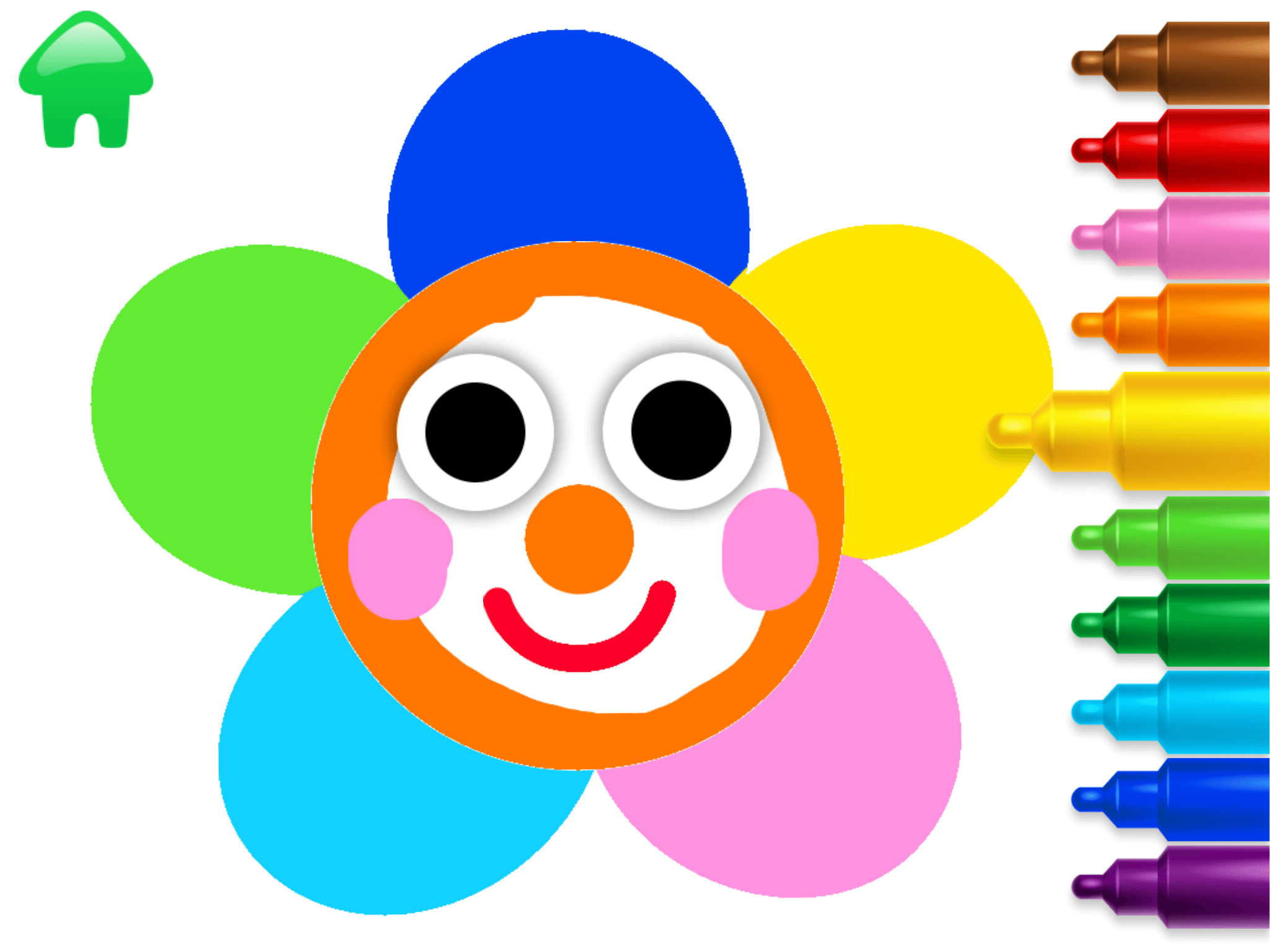Basic Math understanding Worksheets for 4-Year-Olds
10 filtered results
-
From - To
Our "Basic Math Understanding Worksheets for 4-Year-Olds" are designed to introduce young learners to the exciting world of numbers and basic math concepts. Featuring engaging and colorful activities, these worksheets help children develop foundational skills in counting, number recognition, and simple addition and subtraction. Perfect for at-home learning or classroom use, each printable worksheet provides a fun, interactive way for kids to practice and enhance their early math abilities. Watch your child’s confidence grow as they master basic math skills and lay a strong foundation for future mathematical learning.
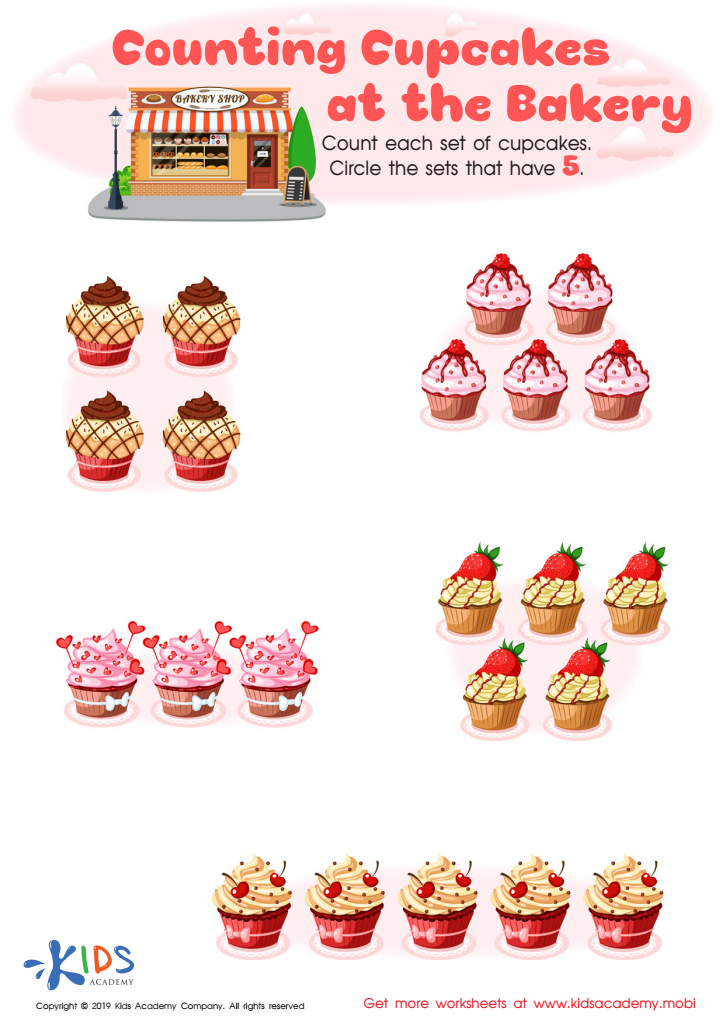

Counting Cupcakes Worksheet
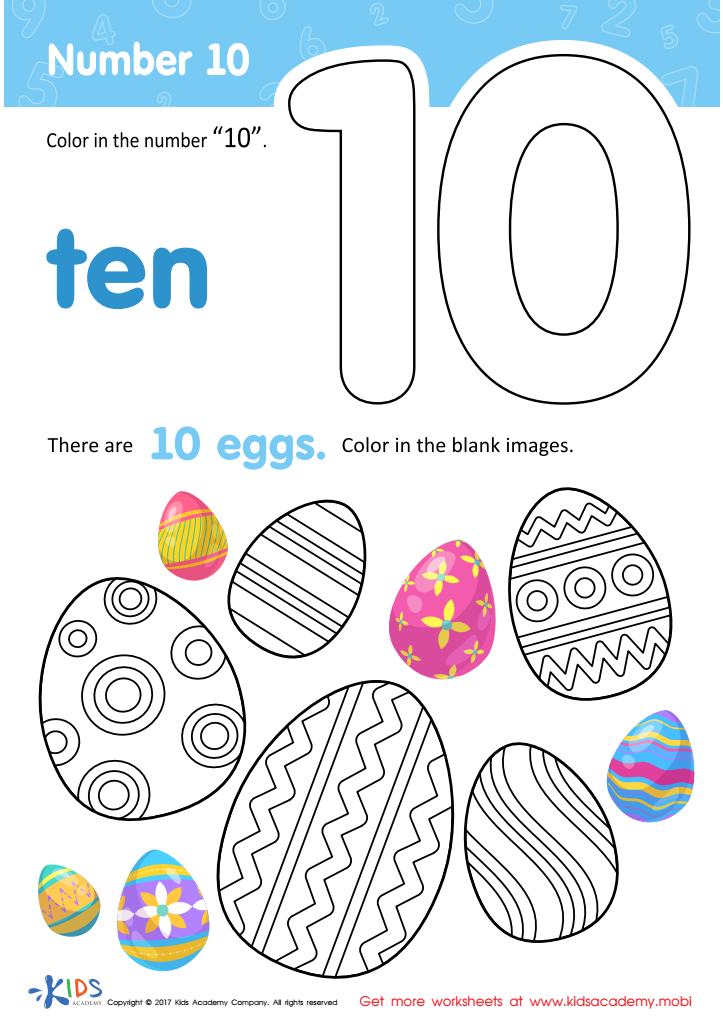

Number 10 Printable
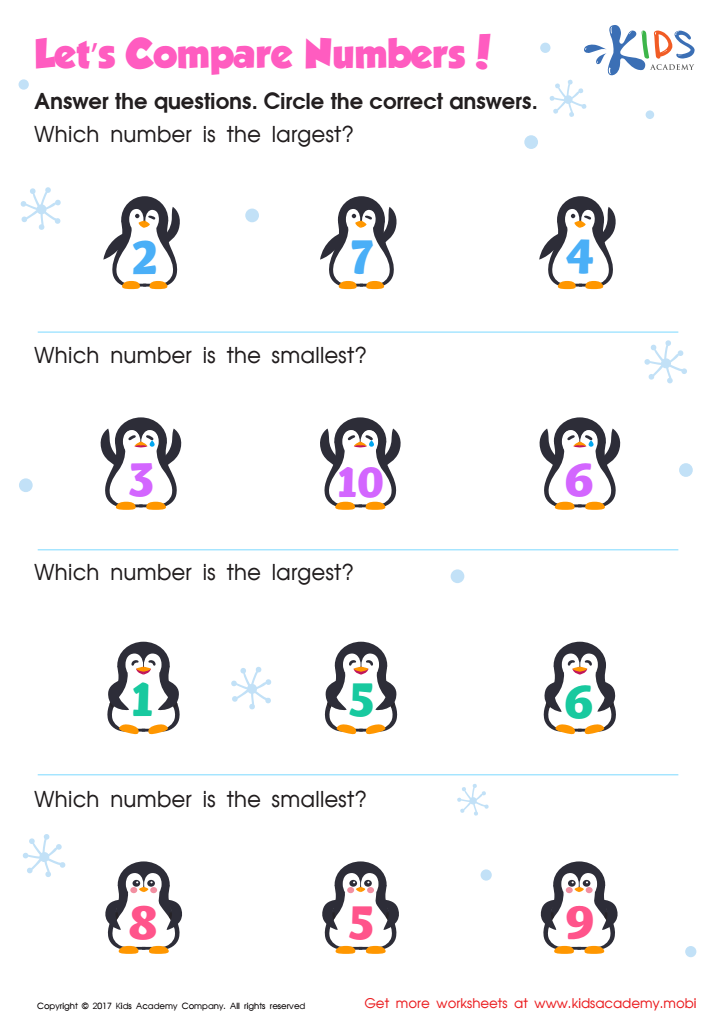

Comparing Numbers 1–10 Worksheet Kindergarten
Ensuring that 4-year-olds have a foundational understanding of basic math is crucial for their cognitive development and future academic success. Early math skills form the bedrock for more complex mathematical concepts and logical reasoning. When young children grasp basics such as counting, recognizing numbers, and understanding simple patterns, they develop critical thinking and problem-solving abilities that apply beyond math into other areas of learning.
Moreover, early math competence is strongly linked to later academic achievement. Research consistently shows that solid math skills upon entering kindergarten can predict higher reading and math scores in subsequent years. Developing these skills early on builds confidence and a positive attitude toward learning, which fosters persistence and curiosity.
For parents and teachers, integrating basic math into daily routines can be simple and enjoyable. Activities like counting objects, identifying shapes, and playing with puzzles can make learning intuitive and fun for young minds. This approach not only supports academic growth but also strengthens the bond between adults and children through shared learning experiences.
Ultimately, prioritizing basic math understanding at a young age equips children with the tools they need for lifelong learning, setting them on a path toward success in an increasingly STEM-oriented world.

 Assign to My Students
Assign to My Students

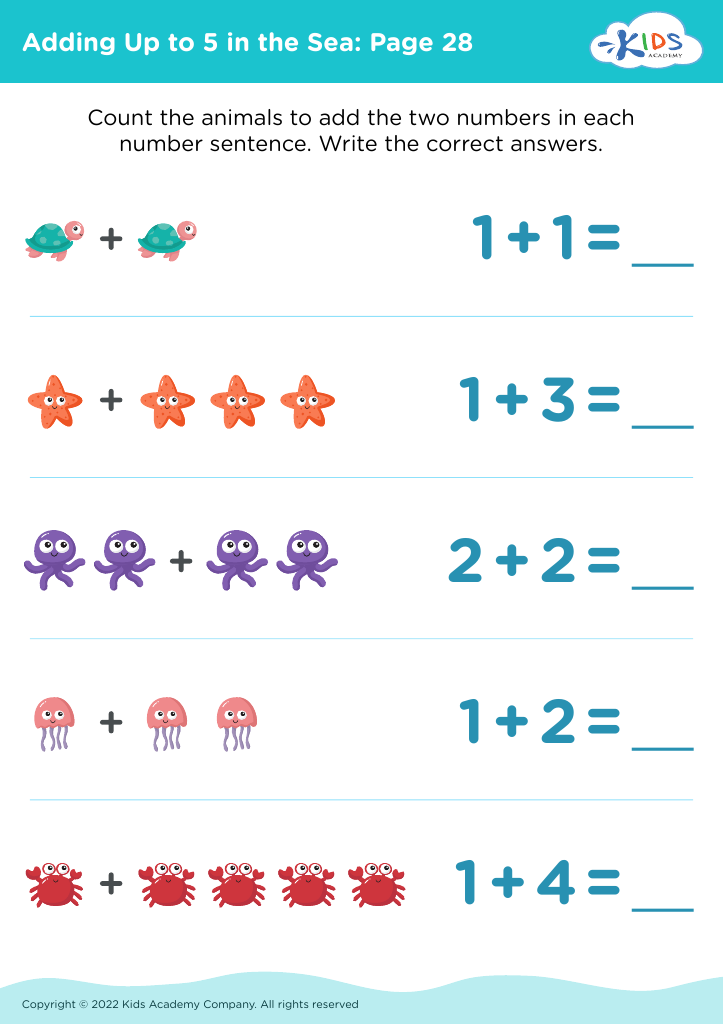
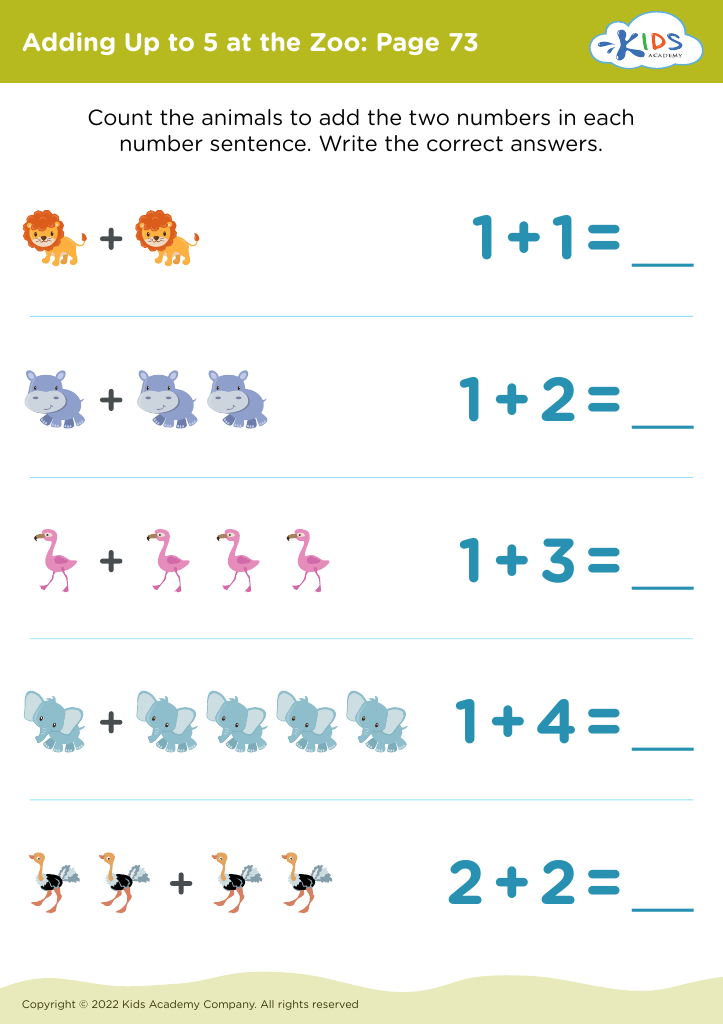
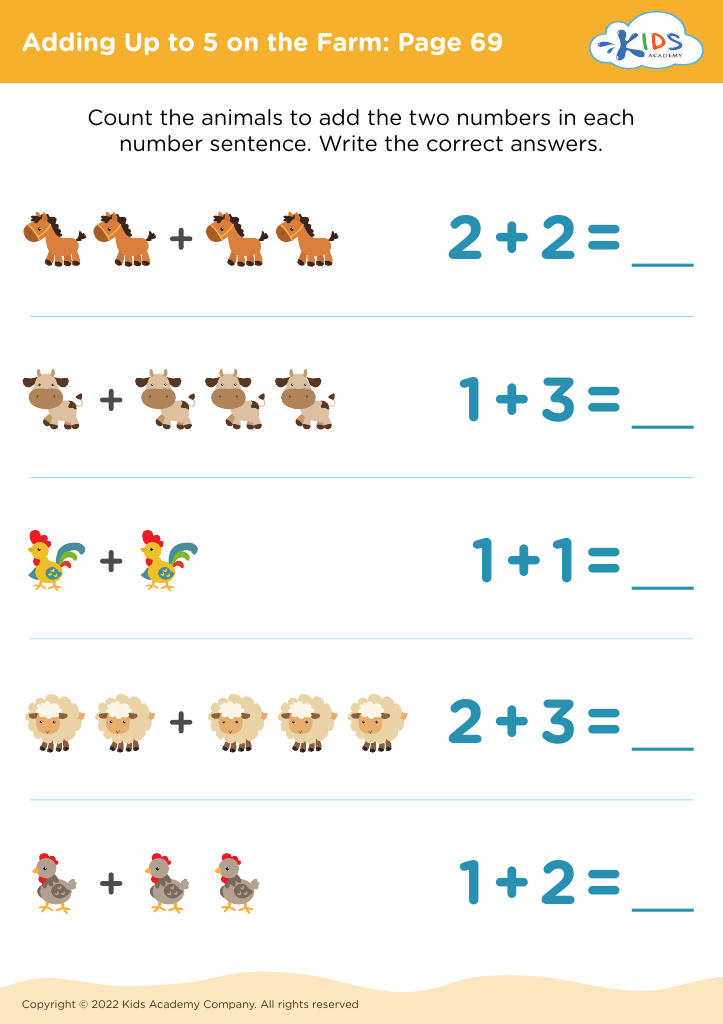
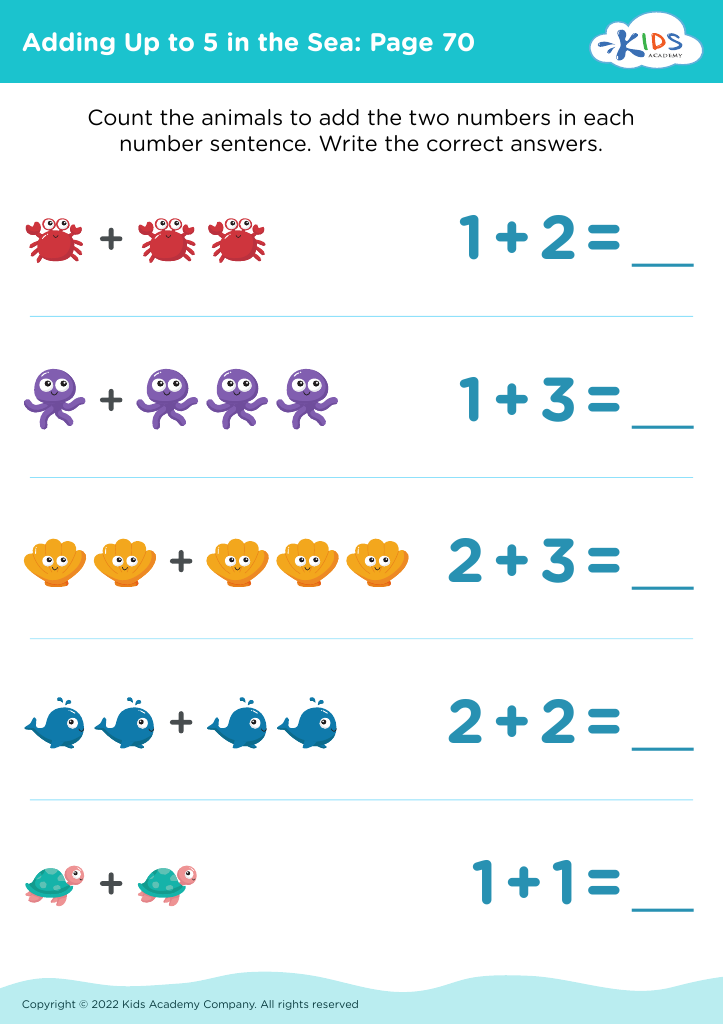
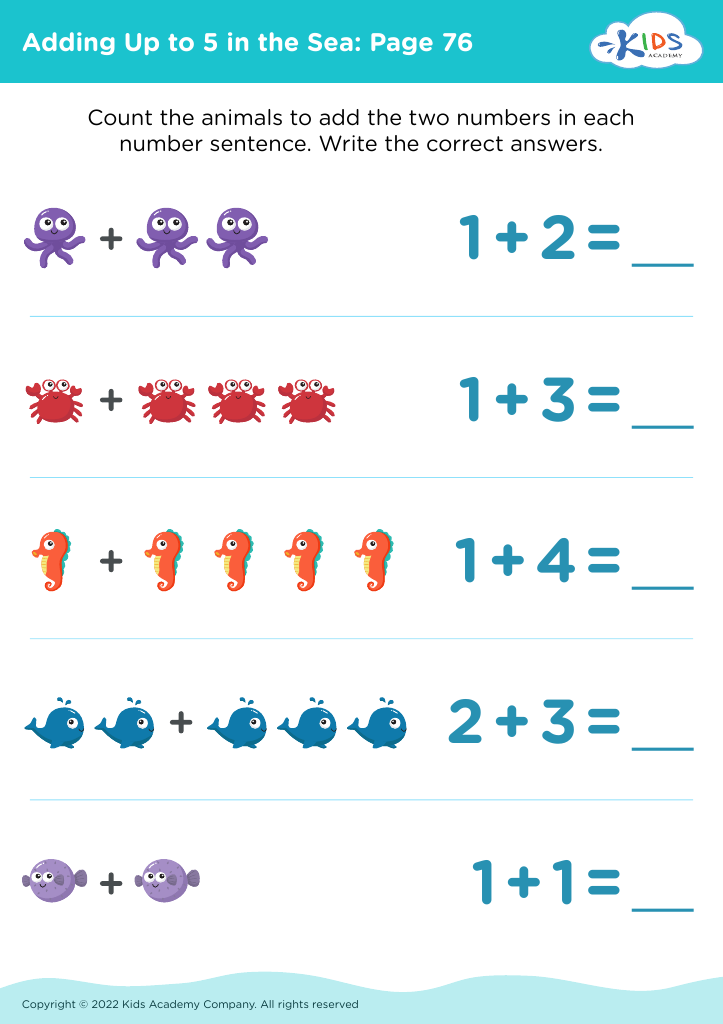
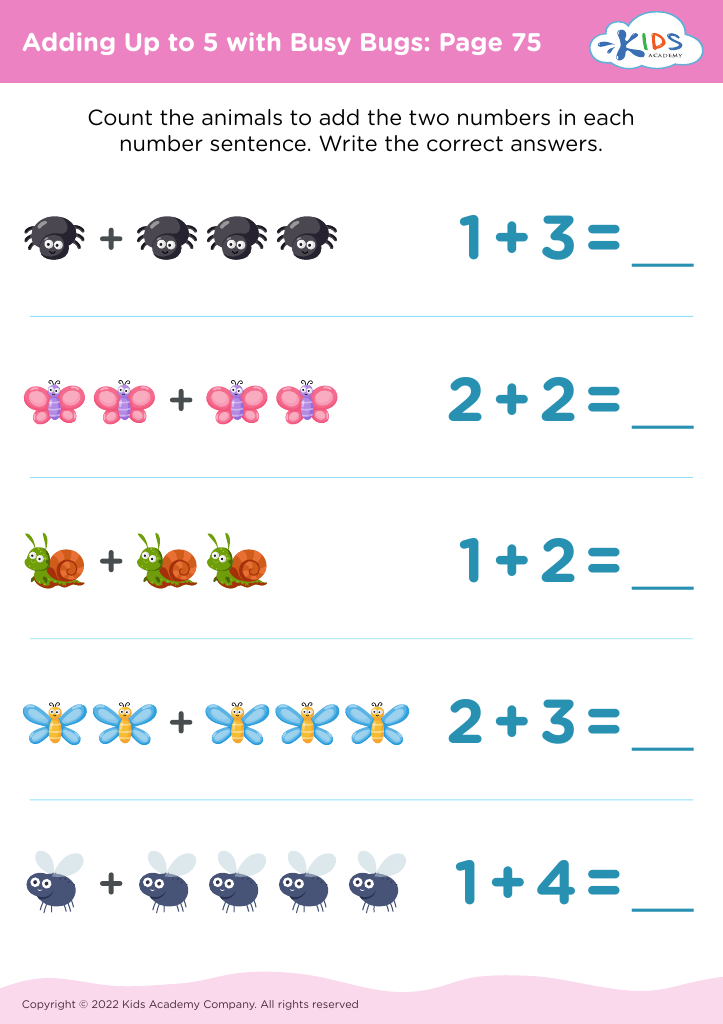
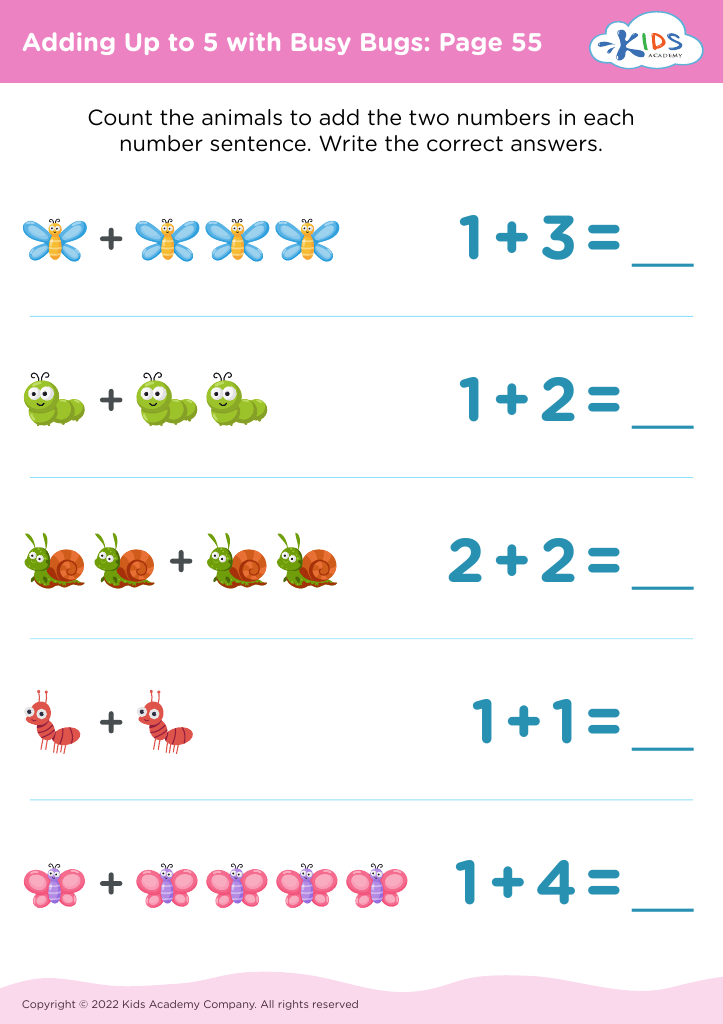





%20(1).jpg)
